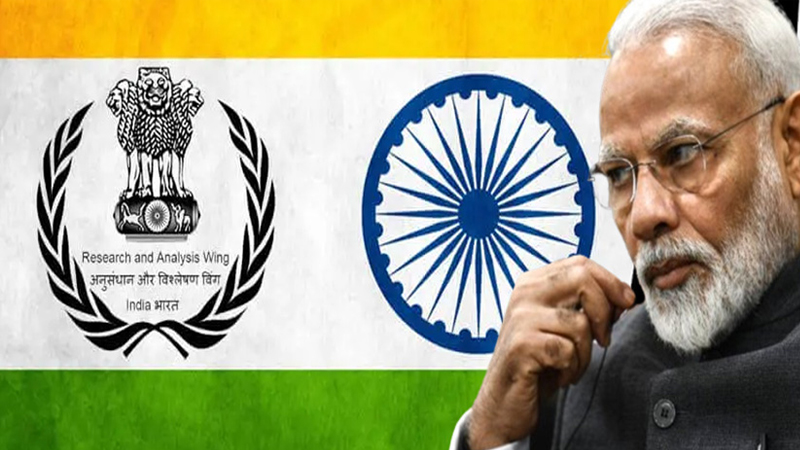France teetered on the brink of political gridlock following Sunday’s elections, which resulted in a hung parliament. An unexpected victory by a leftist alliance took the top spot ahead of the far right, but no single group managed to secure a majority.
Marine Le Pen’s nationalist and eurosceptic National Rally (RN) suffered a significant setback. Contrary to the opinion polls that predicted the RN would win the second-round ballot, it ended up in third place, according to pollsters’ projections.
Centrist President Emmanuel Macron, who had called for the snap election to clarify the political landscape after his ticket’s defeat by the RN in the recent European Parliament elections, faced a fragmented parliament. This outcome is poised to weaken France’s influence in the European Union and internationally, complicating efforts to advance any domestic agenda.
The new parliament will be divided into three main groups: the left, centrists, and the far right, each with vastly different platforms and no tradition of cooperation.
The future is uncertain.
The leftist New Popular Front (NFP) alliance, which advocates for capping prices of essential goods like fuel and food, raising the minimum wage to a net €1,600 ($1,732) per month, increasing public sector wages, and imposing a wealth tax, immediately expressed its desire to govern.
“The will of the people must be strictly respected… the president must invite the New Popular Front to govern,” said hard-left leader Jean-Luc Mélenchon.
Despite efforts to shed its historical reputation for racism and antisemitism, the RN’s France-first stance continues to alarm many in French society.
There were celebrations at the left’s gathering in Paris when the voting projections were announced. Republique square in central Paris filled with crowds and a festive atmosphere, with leftwing supporters playing drums, lighting flares, and chanting “We’ve won! We’ve won!”
“I’m relieved. As a French-Moroccan, a doctor, and an ecologist activist, what the far right was proposing to do as a government was craziness,” said 34-year-old Hafsah Hachad.
The leftist alliance, hastily assembled by the hard left, Greens, and Socialists before the vote, fell short of an absolute majority of 289 seats in the 577-seat assembly.
Official results were slowly coming in, with the complete tally expected early Monday. Polling agencies forecast the left would secure 184-198 seats, Macron’s centrist alliance 160-169, and the RN and its allies 135-143.
The euro fell on Sunday following the announcement of the vote projections.
“We should get a brief respite in the market… because we’re not seeing an extremist RN majority, but it’s likely to lead to political gridlock at least until the autumn of 2025,” said Aneeka Gupta, macroeconomic research director at WisdomTree.
Prime Minister Gabriel Attal announced he would resign on Monday but would continue in a caretaker capacity as needed.
A key question remains whether the leftist alliance can stay united and agree on a course of action.
Mélenchon, leader of the hard-left France Unbowed (LFI), ruled out a broad coalition of parties with differing ideologies.
Raphael Glucksmann, from the Socialist Party, urged his alliance partners to act like “grown-ups.”
“We’re ahead, but we’re in a divided parliament,” he said. “We’re going to have to talk, to discuss, to engage in dialogue.”
The constitution does not require Macron to ask the leftist group to form a government, though that would be the usual step given it is the largest group in parliament.
In Macron’s camp, there was no indication of his next move.
“The question we’re going to have to ask ourselves tonight and in the coming days is: which coalition is capable of reaching the 289 seats to govern?” said a source close to him.
Some in his alliance, including former Prime Minister Edouard Philippe, envisioned a broad cross-party alliance but excluded the far-left France Unbowed.
For the RN, the result was a far cry from weeks of polling that consistently projected a comfortable win.
The left and centrist alliances cooperated after the first round of voting last week by withdrawing scores of candidates from three-way races to build a unified anti-RN vote.
In his initial reaction, RN leader Jordan Bardella condemned the cooperation between anti-RN forces as a “disgraceful alliance” that he claimed would paralyze France.
Le Pen, who plans to run for president in 2027, said that Sunday’s ballot, in which the RN made major gains compared to previous elections, had sown the seeds for the future.
“Our victory has been merely delayed,” she said.
Voters punished Macron and his ruling alliance for the cost of living crisis and failing public services, as well as issues related to immigration and security.
Le Pen and her party tapped into these grievances, extending their appeal beyond traditional strongholds along the Mediterranean coast and in the country’s northern rust belt, but it was not enough to secure power.











Leave a Reply